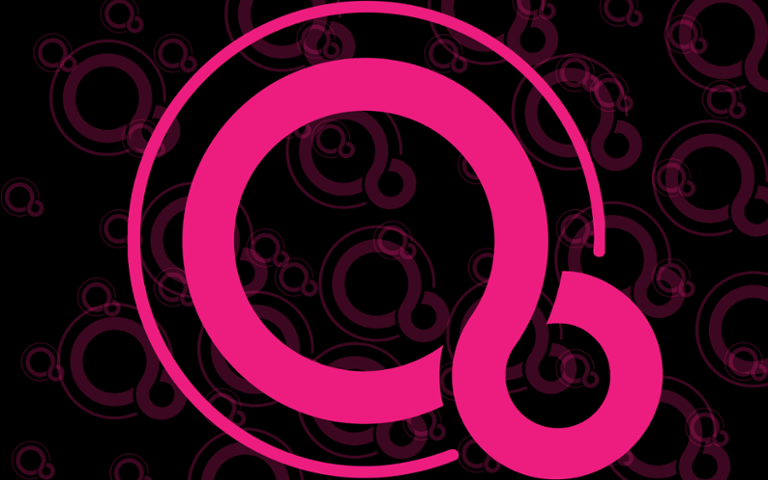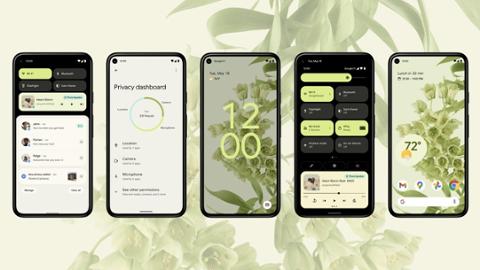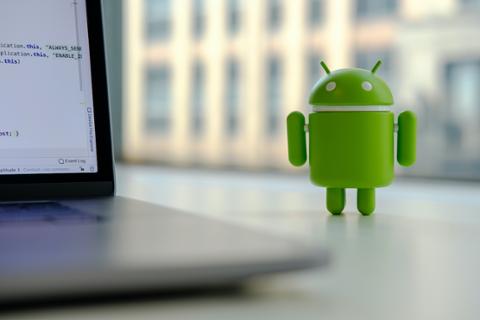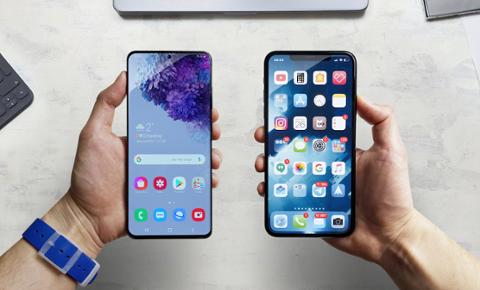After years of predicting its arrival, Google has finally unleashed its third operating system, Fuchsia OS, on the world.
Unlike Android and Chrome OS, which appear on a variety of computing devices, Fuchsia is making its first appearance on just one piece of hardware, the Nest Hub. According to 9to5Google, which always does good work in this area, users of the Nest Hub won’t notice any change in how they interact with the device, which previously ran a Linux-based OS.
In theory, Google could expand the Fuchsia footprint to other devices, including smartphones and PCs, but seems to be taking a more cautious approach to start. The Verge caught Petr Hosek, a Google technical lead, offering a hilariously understated Tweet about Fuchsia’s release:
You don't ship a new operating system every day, but today is that day.
— Petr Hosek (@petrh) May 25, 2021
Rumors of Fuchsia’s development trickled through the tech industry for a long time, boosted in 2016 by the presence of a Github repository. By 2019, Google had launched a Fuchsia.dev site loaded with documentation, that included a discussion of Zircon, the microkernel at the heart of the OS. If you’re a developer interested in new operating systems and wants to poke around a bit, you could do far worse than spending an afternoon with Fuchsia’s wares.
Years ago, some analysts and developers assumed that Fuchsia would ultimately become Google’s attempt to “reset the clock” on its operating systems. The open-sourcing of Android had made it ubiquitous, but at considerable cost, including fragmentation, malware, and accusations of terrible UX. Google has issued several Android updates that attempt to bring a little more order to the ecosystem, but some assumed the company would be better off starting off fresh with an all-new OS.
However, it’s an open question whether any third-party manufacturer would willingly give up its Android usage. There’s a far-fetched scenario where Google launches Fuchsia (or another platform) as its go-to mobile OS—and the entire Android ecosystem, from manufacturers down to users, rebels against it. That’s pure conjecture, though, because as the announcements around Android 12 and Material You at the latest I/O conference made clear, Google is still very much backing Android for the foreseeable future.
In the meantime, it’s worth keeping an eye on Fuchsia, especially if you’re a mobile or IoT developer. Is this just another Google experiment? Or the first sign of something bigger?



